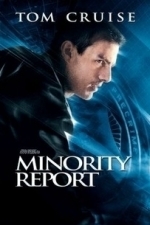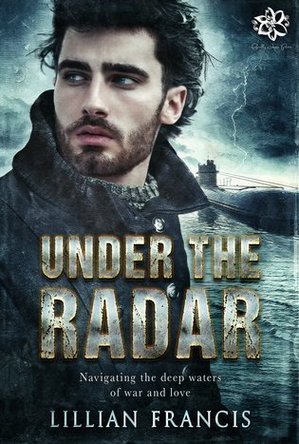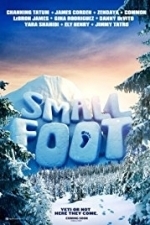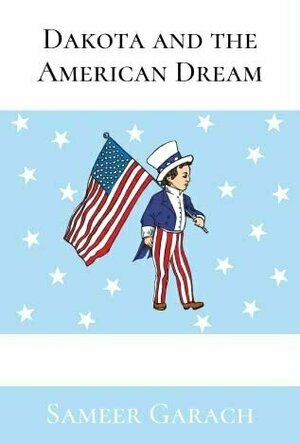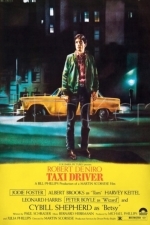Phillip McSween (751 KP) rated Minority Report (2002) in Movies
Jul 19, 2020
Acting: 10
We give Tom Cruise shit for being crazy in real life. Say what you want about him on a personal level, the energy that he brings to the big screen is excellent. The way he taps into the emotions of a father that just lost his son hits you with a strong emotional tie to the movie.
Outside of a strong performance from Cruise as John Anderton, it’s also the lesser roles that drive this movie into classic status. Actors/actresses like Lois Smith as the matter-of-fact Dr. Hinneman and Colin Farrell sticking his nose into every single scene as Detective Danny Witwer bring fresh life to this movie throughout its duration. The female performances were particularly strong. This movie just doesn’t function the same without wonderful actresses Samantha Morton and Kathryn Morris helping to drive the story.
Beginning: 10
The first ten minutes really set the stage for the insanity to come. We see the precrime unit led by Anderton moving on their next target: A man who catches his wife in bed cheating, or at least he will. The act has yet to happen, but the unit is there to stop it before it does.
Characters: 10
Anderton is a troubled cop stuck between a terrible past and a troubling future. You can relate to his pain and why he has ended up the way he has. Like Anderton, each character has enough depth and backstory to make you care about them one way or the other. I was particularly drawn to Agatha, head of the precogs, and her story.
Cinematography/Visuals: 10
Conflict: 10
Entertainment Value: 10
Memorability: 10
There is a scene in this movie I consider one of the greatest in any film ever done. Anderton has captured the precog Agatha to try and get into her brain to unearth his innocence. With the police in hot pursuit, he has to escape through a mall using Agatha as a cognitive guide to help him escape danger. It is truly a brilliant layout of a scene and it really enhances this movie. This is a movie packed with a number of those same type of scenes that leave an impact in your brain.
Pace: 10
Plot: 10
A brilliant story from cover to cover. Steven Spielberg pulls out the heart and glitz of this movie with true wonder that only he can achieve. There is a reason I consider him the GOAT, because his stories wow you while making you think and feel at the same time. This story couldn’t have been put together more perfectly.
Resolution: 10
The ending couldn’t have been more perfect. It’s all about redemption and starting over. I won’t spoil it by going into further detail.
Overall: 100
Every now and then a movie comes along that manages to sit with me for a long time. It’s the primary reason I consider Minority Report to be the greatest sci-fi movie ever made and #3 on my all-time list. Quite frankly, it’s just plain dope.
Merissa (13760 KP) rated Under the Radar in Books
May 3, 2019
I loved how this story came about. There is an incredible amount of research that has gone into it, and the descriptions are compelling. I literally found myself having to straighten my shoulders after hunching them over as I was reading! This is a slow-burn romance, with some funny parts in there as Gethin's innocence stops him from reading Zachary's overtures.
This was exceptionally written, with no editing or grammatical errors that I noticed. The characters are all magnificent, especially the supporting cast. I'm so glad I got one of the 'bad guys' right, but I won't say who or when. Everything about this book ticked my boxes - from the descriptions of war-time rations, to how some of them spoke Polari (LOVED that inclusion!). I really hope this isn't the last we see of Zachary and Gethin. I'm sure they could have some amazing adventures together.
Highly recommended by me.
* A copy of this book was provided to me with no requirements for a review. I voluntarily read this book, and the comments here are my honest opinion. *
Merissa
Archaeolibrarian - I Dig Good Books!
Phillip McSween (751 KP) rated Smallfoot (2018) in Movies
Jan 8, 2019
Acting: 10
Solid cast all around. Channing Tatum is the lead yeti Migo and his voice matches the over-the-top innocence of his character. His father Dorgle is voiced by Danny DeVito who I thought delivered the best performance. You can feel that he loves his son and wants to protect him because he wants the best for him. DeVito is heartfelt and feels like a true dad.
Beginning: 3
The beginning had me wondering what the heck I had gotten myself into. It starts off extremely slow and I can’t help but think there might have been a better way to introduce the yeti and their community. There is much to love once the film progresses, however.
Characters: 10
Cinematography/Visuals: 8
Conflict: 8
Genre: 7
Memorability: 10
Smallfoot is pretty hilarious at times. The visuals are strong (watch this baby in 4K), especially when you’re looking at the lighting inside the caves and the beautiful sunrises. Perhaps the most memorable aspect of this movie, though, is its strong message. It revolves around finding truth and seeking peace. I love it when animated films give you something to think about.
Pace: 5
Plot: 10
Resolution: 10
Overall: 8
1A great family film that does more than just entertain; it teaches us something. With beautiful visuals and a powerful message, Smallfoot was definitely a pleasant surprise in 2018.
Hazel (1853 KP) rated Dakota and the American Dream in Books
Apr 24, 2020
The fantasy world of Sameer Garach's Dakota and the American Dream is a satire of modern-day America. From a ten year old's perspective, the short story covers the corporate ladder, hierarchy, racism, discrimination, career success and an extreme love of coffee. Whilst all this is humorous to the adult mind, there is an alarming amount of truth that paints the "American Dream" as a corrupt society.
From the very start, Dakota's experience feels remarkably like Lewis Carroll's Alice's Adventures in Wonderland and could almost be said to be a 21st-century version of the classic children's book. Most of Dakota's story will go over the heads of young readers, however, adults will enjoy the humour and childhood innocence as well as appreciate the connection with their favourite books as a child.
As a parody of both real life and fiction, Dakota and the American Dream is a clever story that entertains and makes you think. Although sometimes extreme, it is amusing to read about everyday life being acted out by squirrels, mice, rats, a cowardly lion, an 800-pound Gorilla and many more bizarre creatures. If the humour and satire was stripped away, we would be left with a child's confusion about the way America works with many things appearing stupid or unfair.

Passport to Hell: How I Survived Sadistic Prison Guards and Hardened Criminals in Spain's Toughest Prisons
Terry Daniels and Sandra Gregory
Book
'Que es esto? Que es esto? Es cocaina!' I couldn't speak a word of Spanish but I understood the word...
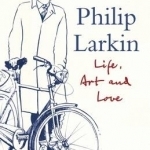
Philip Larkin: Life, Art and Love
Book
Philip Larkin was that rare thing among poets: a household name in his own lifetime. Lines such as...
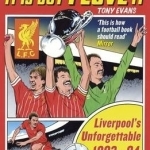
I Don't Know What it is but I Love it: Liverpool's Unforgettable 1983-84 Season
Book
I Don't Know What It Is But I Love It by Tony Evans - Liverpool and the most unlikely success story...
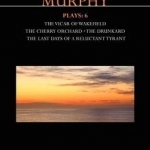
Murphy Plays:6: Cherry Orchard; She Stoops to Folly; The Drunkard; The Last Days of a Reluctant Tyrant
Book
Murphy Plays: 6 brings together four plays by the author inspired by other great works of...
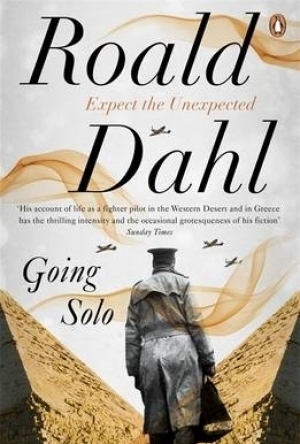
Going Solo
Book
In Going Solo, the world's favourite storyteller, Roald Dahl, tells of life as a fighter pilot in...
